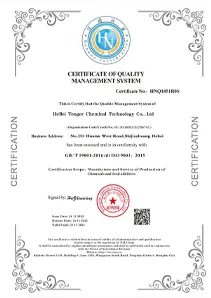At first glance, a double layer glass cup stands out due to its captivating design. The unique construction, featuring two layers of glass, creates an illusion of suspended liquid, providing an eye-catching view of colorful drinks. This visual appeal makes double layer glasses perfect for serving beverages at social gatherings, restaurants, or even a quiet evening at home. They come in various shapes and sizes, allowing for personalization to one’s style and preference, and often include aesthetic features such as sleek curves or fascinating patterns that enhance their beauty.
 Home
Home










